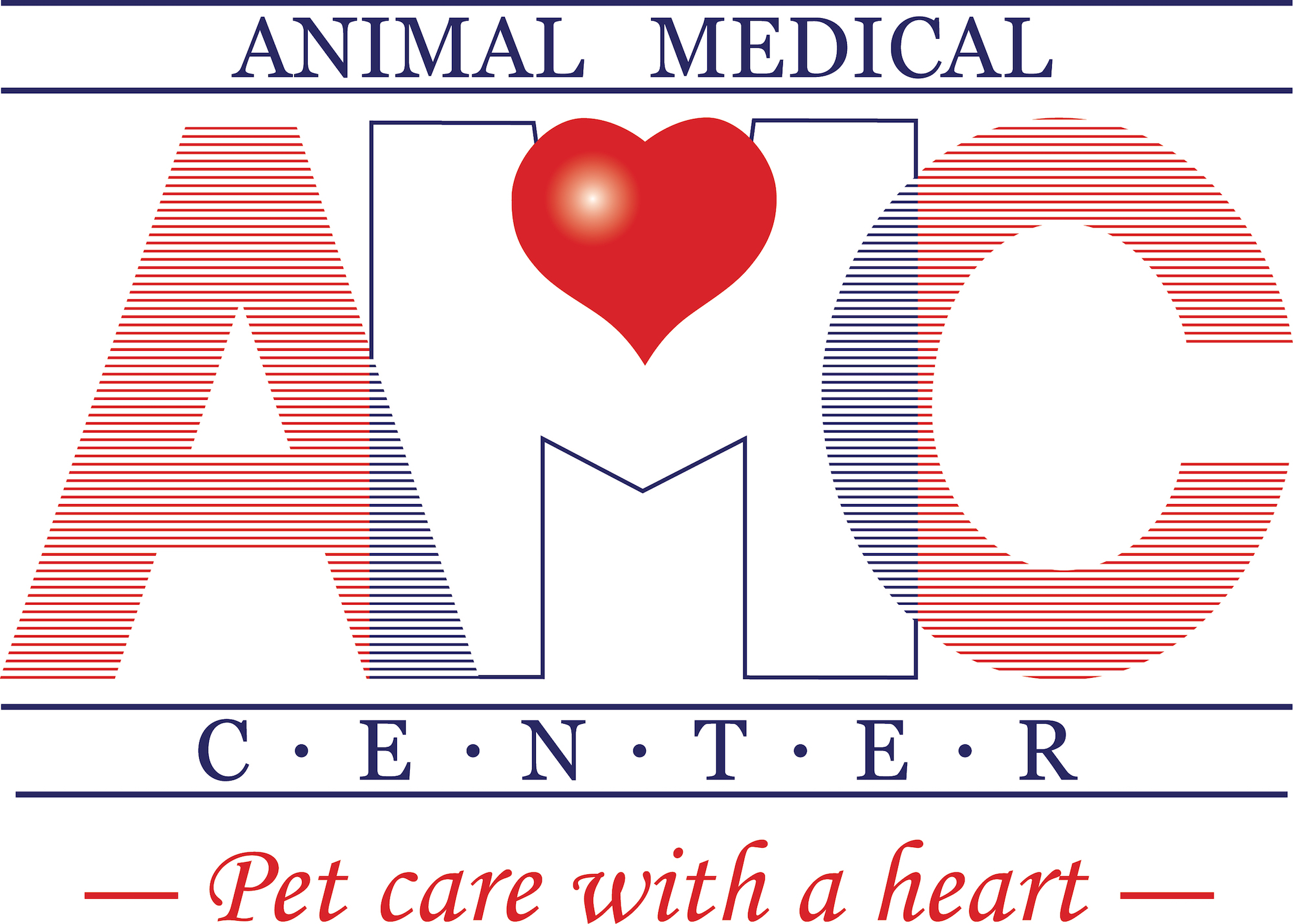Library
-
Reproductive disease in ferrets is rare today, as most pet ferrets are spayed or neutered at a young age. One disease that is still occasionally seen in pet ferrets occurs in females that are not spayed. This is called hyperestrogenemia and is a result of persistently high blood levels of estrogen in unspayed females that are not bred or fails to ovulate.
-
Swellings on or around the joints in reptiles can be an indication of uric acid deposits in the area. This condition is referred to as gout. Gout is often painful and may also affect internal organs. Treatment will require medications and sometimes surgery.
-
Some dogs have a condition known as paroxysmal respiration, more commonly called reverse sneezing. With this condition, the dog rapidly pulls air into the nose, whereas in a regular sneeze, the air is rapidly pushed out through the nose. The dog makes a snorting sound and seems to be trying to inhale while sneezing.
-
Rocky Mountain Spotted Fever (RMSF) is spread by various species of ticks and is not confined just to the Rocky Mountain regions of North America. Clinical signs can be non-specific and affect multiple body systems. Early diagnosis and treatment give the best prognosis for recovery after treatment with antibiotics. Prevention of tick bites and prompt removal of ticks is important.
-
Round cell tumors are among the most common skin tumors in dogs, and they typically form just under the skin, although they may change the surface of the skin above them. It is impossible to diagnose any of them without a veterinary pathologist analyzing a tissue sample of the tumor under a microscope. If detected early, most round cell tumors can be easily removed.
-
Dogs can be great running partners. They are always available, they have energy to burn, and they aren't in a bad mood from a stressful day at work. Plus, approximately 50% of American dogs are overweight and need to work off a few calories.
-
Do you have medications stored in the bathroom cabinet, kitchen drawer, and pantry shelf? Are random bottles haphazardly tossed into the “pharmacy”? Medications are meant to help us and our pets, but they can do more harm than good if stored or administered incorrectly. You can protect your family and pets by safely handling and disposing of medications.
-
Sarcoptic mange, also known as scabies, is caused by a parasitic mite that burrows just beneath the surface of the skin. The presence of the sarcoptic mite causes intense itching; an affected dog will constantly chew and scratch his skin. Sarcoptic mange is highly contagious to other dogs and humans.
-
Sebaceous adenitis is an immune-mediated disorder in which an inflammatory process is directed against the sebaceous glands in the skin. The clinical signs vary between short-haired and long-haired breeds though both experience hair loss, skin scales, and lesions that begin on the head. Unfortunately, this disease is challenging to diagnose and treat.
-
Seborrhea or seborrheic dermatitis is a skin disorder in which the sebaceous glands produce an excessive amount of sebum causing scaly, flaky, itchy, and red skin. It typically affects the back, face, and flanks and may be worse in areas with skin folds such as the feet, neck, lips, armpits, thighs, and underside. Seborrhea can be a primary or secondary disease and is diagnosed using multiple tests to determine the underlying cause. Treatment or management depends on the cause

